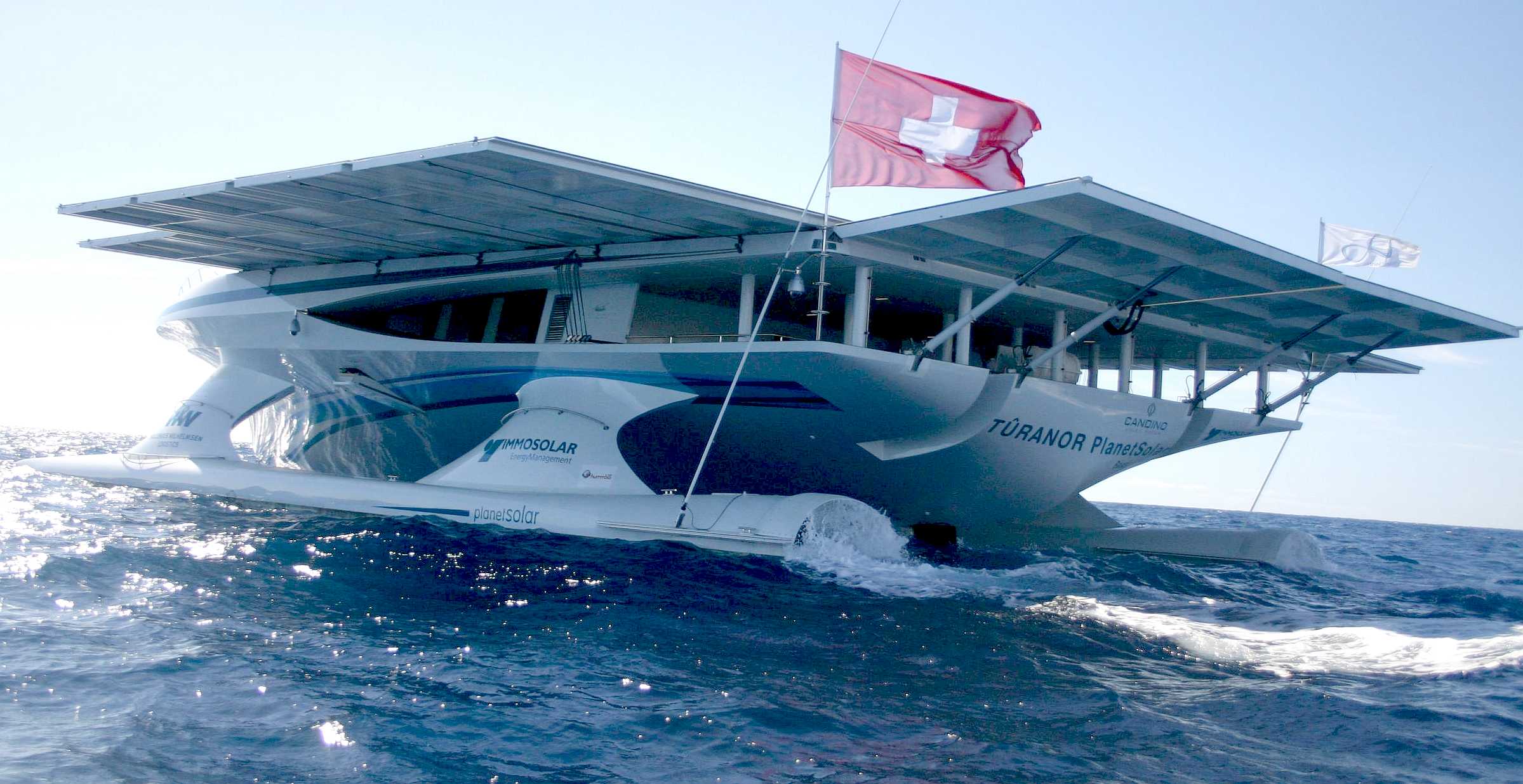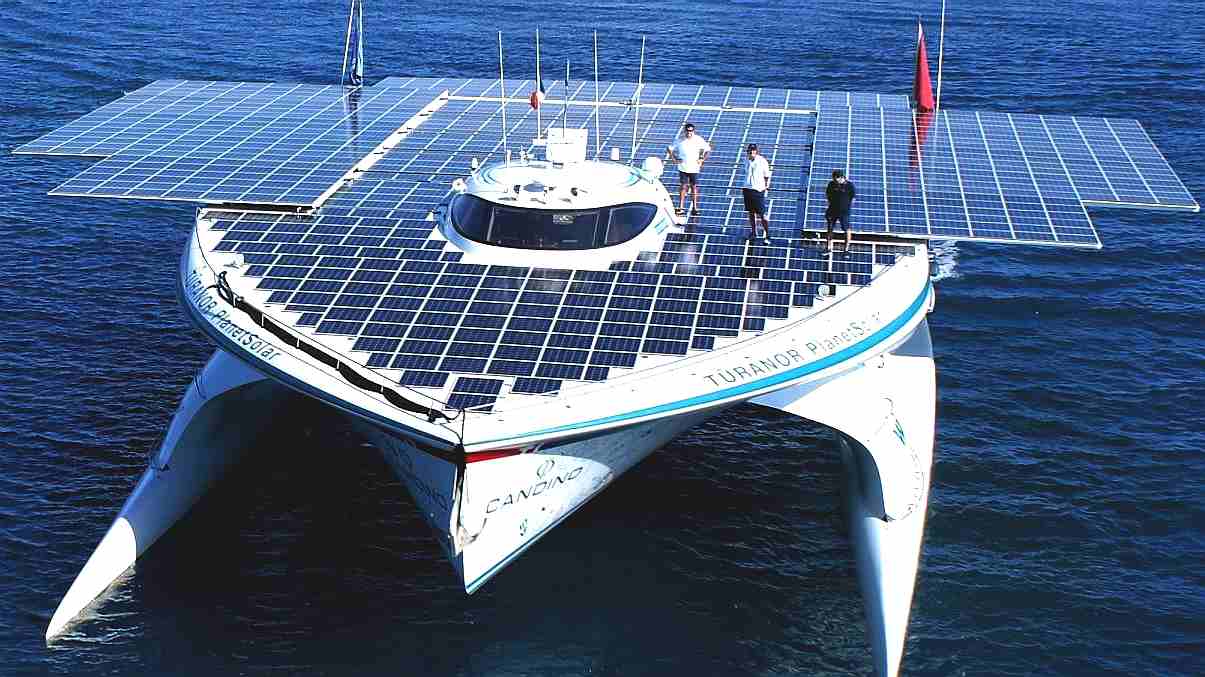|
VOLUNTARY TRADING OFFSETS
Please use our A-Z INDEX to navigate this site or return HOME
|
|
PlanetSolar is a rare animal, a zero carbon boat that contributes to zero emission objectives, but attracts no carbon credits. Similar projects with higher commercial expectations in reducing fleet emissions, also fall at the first hurdle in UN certificate terms. But projects to plant trees or change from coal to solar or wind generation pass with flying colours.
The carbon offset market is divided into two main categories: offsetting for
compliance reasons and
voluntary carbon offsets.
The most popular voluntary carbon offsetting standard is the non-profit Verified Carbon Standard (VCS). VCS credits can be issued for programs that actively offset carbon emissions, but also for projects that aid sustainable development in communities to help reduce their own emissions, such as providing clean-burning cook-stoves.
So
far we have not seen any projects that develop zero emission
replacements for high pollution vehicles such as ships.
Credits must be ‘real’ - they can only be issued for a project that has already been approved or completed, rather than simply a pledge to take action.
Project activity must not have any negative effect or disruption to sustainable development in a community.
All credits must be validated by a third party with no conflict of interests in the project.
Finally, all VCS projects are subject to a transparent registry system. The number of credits issued, auditing reports and any other supporting documentation is made free to download online on a dedicated website.
CARBON
TRADING OFFSETS IMO
MARINE ENVIRONMENT PROTECTION
LINKS & REFERENCE
https://ec.europa.eu/clima/policies/ets/registry_en
|
|
|
Please use our A-Z INDEX to navigate this site
This website is Copyright © 2021 Jameson Hunter Ltd
|

